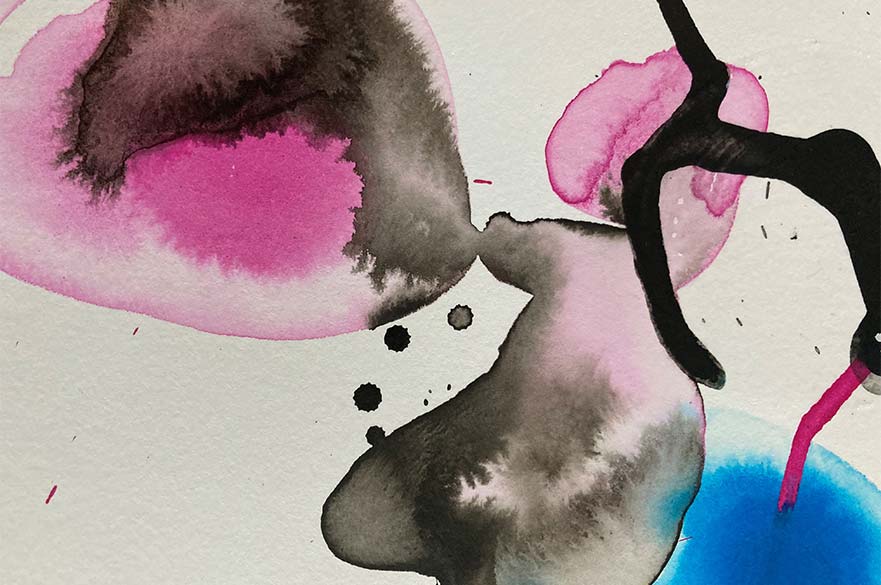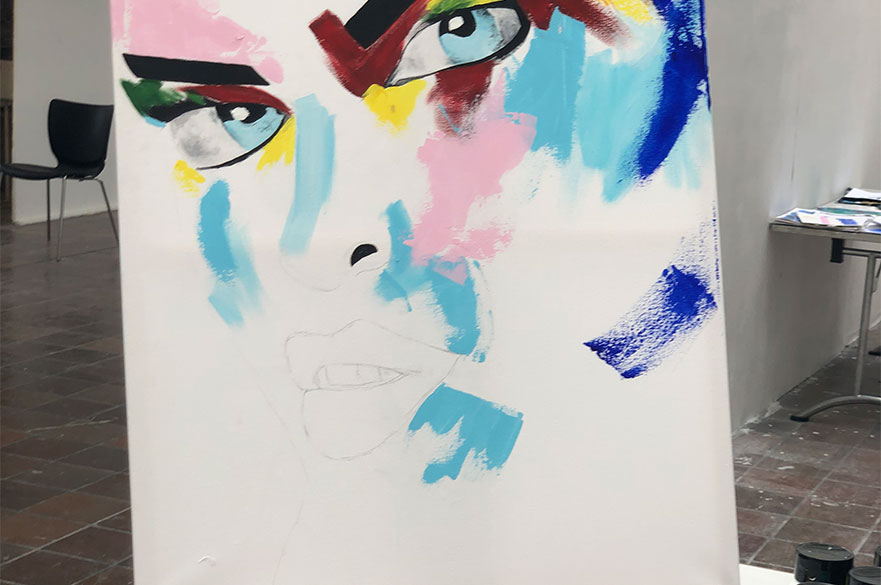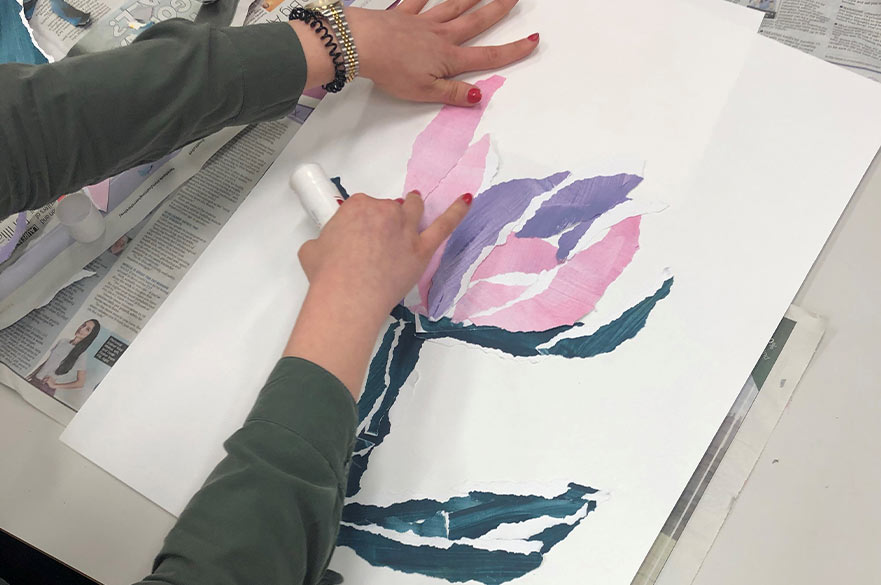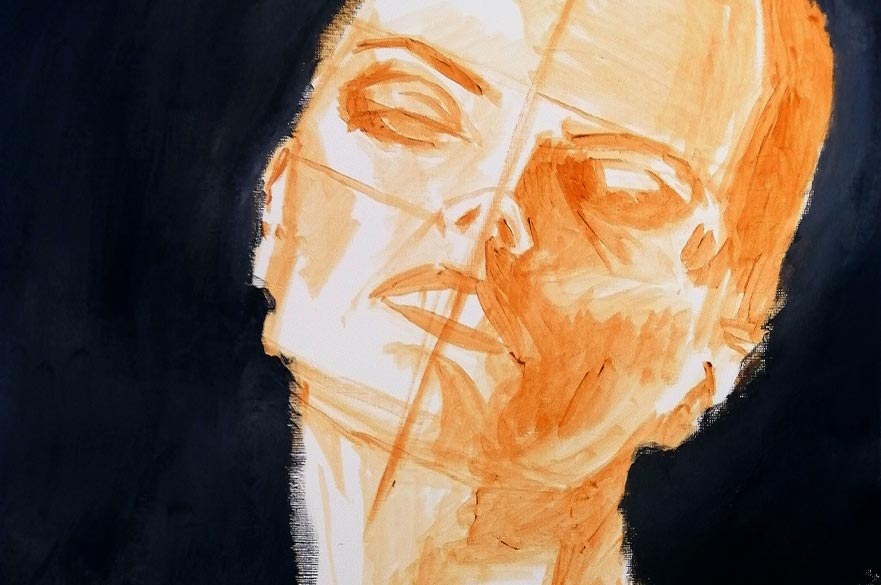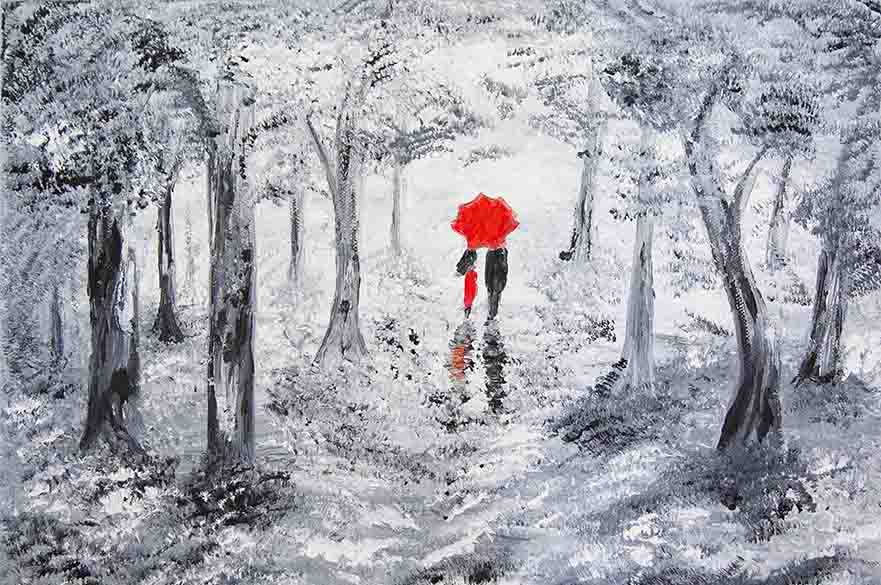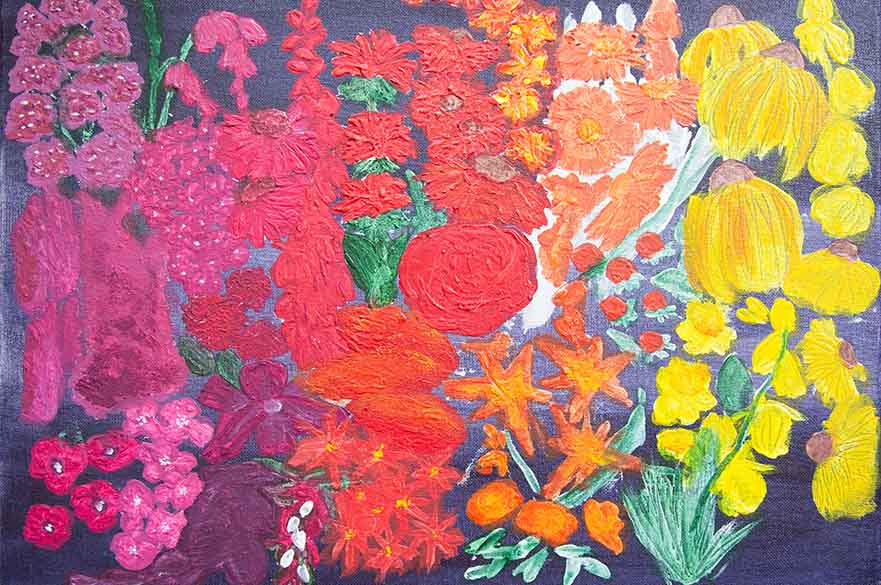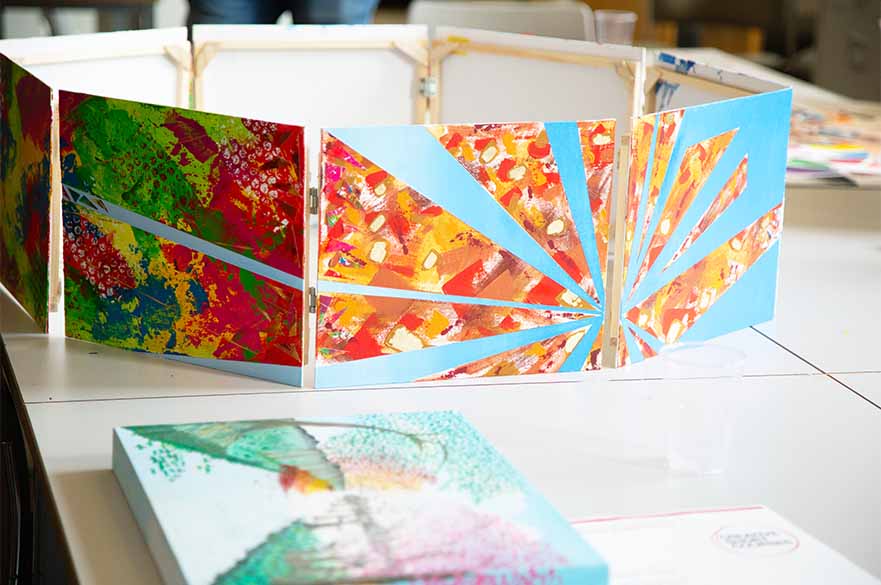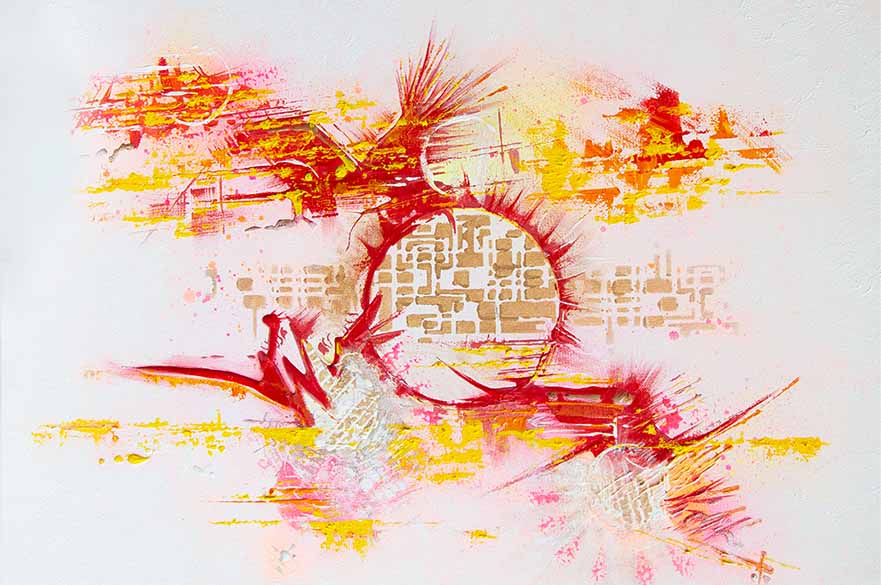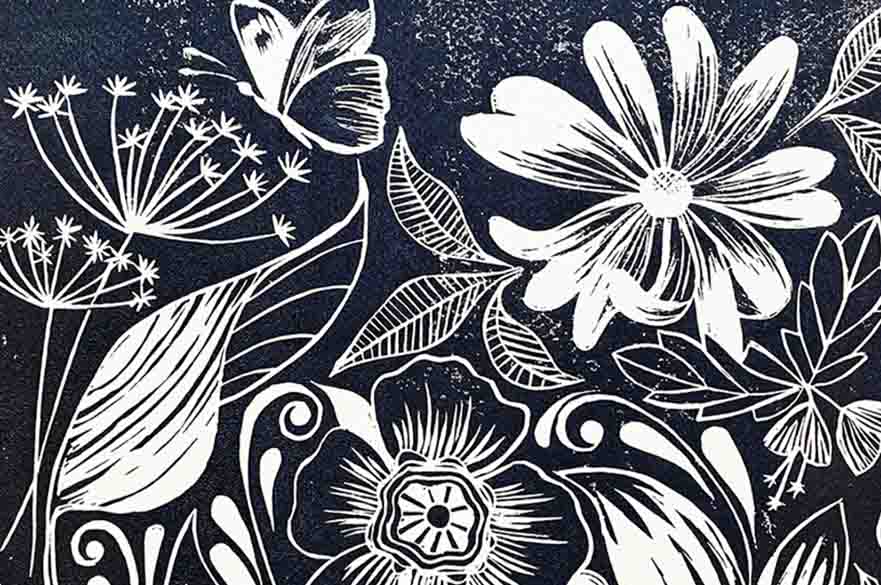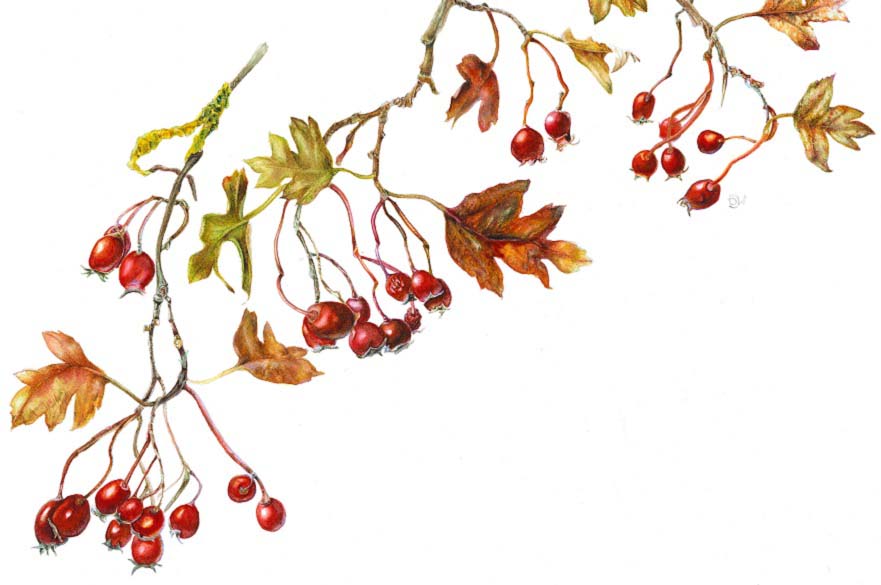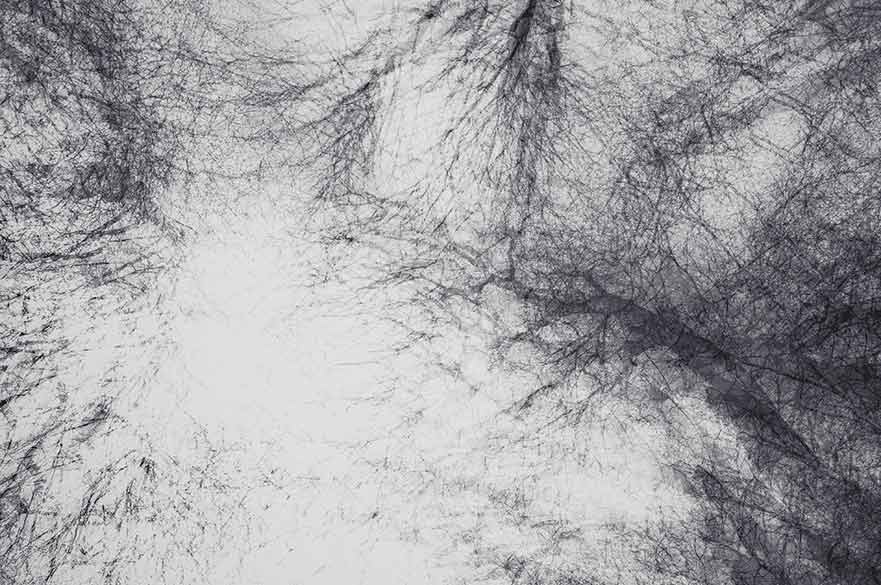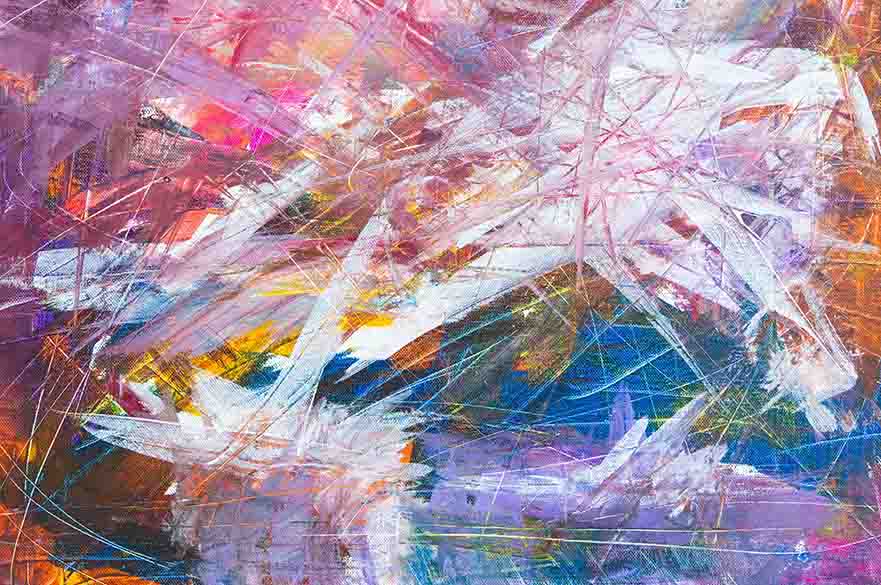Acrylics Now
- Level(s) of Study: Short course
- Course Fee:
£495
- Start Date(s): 18 April 2026
- Duration: Saturdays, 10 am to 12.30 pm, for ten weeks
- Study Mode(s): Part-time
- Campus: City Campus
- Entry Requirements: More information
Introduction:
Course dates:
18 April - 20 June 2026, Saturdays 10 am - 12:30 pm
This course is ideal for those people new to acrylics and those with some experience.
It will cover the basic tenets of acrylics; the materiality of the paint, the support (board, canvas, paper or other) and the tools required to create different effects.
Throughout the course there will be a range of practical activities and inspiring projects for you to engage with, supported by demonstrations of specific materials and techniques, and supportive group critiques.
-
You’ll be part of a design community in our creative studio culture; one that promotes discussion and collaboration, and encourages experimentation and the constant swapping of ideas.
-
With a limited class size you'll have the one-to-one attention you need to ensure you leave with the skills to continue developing your designs at home or work.
-
Benefit from learning with an experienced tutor who has established links to the profession and significant experience working in varied practices.
-
On successful completion of the course you will receive a certificate of attendance.
Here's what our previous attendees said:
'The instruction from the tutor was excellent! You can tell that the tutor was very experienced as both a professional artist and tutor. We were a group with very mixed ability, and everyone was supported and developed.' ES
'I particularly enjoyed gaining an understanding of different acrylics techniques and a curiosity to explore acrylics further. I loved learning in a group and seeing other students work.' SA
'I wanted to reinvigorate my passion for art, I've now got a springboard to continue with a project. I've been able to use different materials that I would not normally have had the chance to use.' HO
'Excellent course, so much information learnt and skills that I have developed. Inspirational tutor, magic!' JR
'This course has increased my confidence and I have gained loads of new ideas, especially in regards to colour theory. Very enjoyable class and the tutor was very helpful'
What you’ll study
On this course, you will:
- complete colour mixing exercises
- apply paint through traditional methods using a range of brushes
- move on to more inventive mark-making with palette knives (to create impasto effects), as well as dripping and pouring diluted paint.
You will be encouraged to assemble images and identify your own potential subject matter, and reflect on your approach to acrylics.
You will have the opportunity to engage with the basic handling of materials and processes through a selection of tried and tested exercises, and you will be encouraged to look closely and respond to your own environment and cultural experience when realising a project.
This is a practical course, and the subject is underpinned by theory and art historical references.
The course introduction will include a brief overview of the relatively new tradition of acrylic however, the focus will soon shift to contemporary uses of acrylic and artists using this medium will be explored and researched.
The course is anchored in the stuff of acrylic painting; whilst the focus is on acrylic paint as a specialised medium, there will be opportunities to experiment – e.g. using it as mixed media and/or with collage techniques.
By the end of the course you will have created a portfolio of new, innovative work. The course could also be a means to progress within fine art into different materials or approaches.
- Sessions One and Two
- Sessions Three and Four
- Sessions Five and Six
- Sessions Seven, Eight and Nine
- Session Ten
Introduction to Acrylics
- Support/ground - canvas, board, paper
- Paints, brushes, palette knives
- Subject Matter / Source Material
- Materiality, subject matter
- Introduce individual project
Colour and Texture
- Colour, application of colour
- Impasto techniques
- Colour and Texture explored
- Colour and Impasto techniques continued with further exploration
Experimental Acrylics
- Experimental techniques
- Mixed media approaches
- Mixed Media and Collage
- Experimental approaches to acrylics
- Working with collage
Individual Project Work
- Concentrating on your individual project brief
- Developing your ideas
- Discuss thoughts and development of work
- Explore your ideas
Review
- Review and Critique
- Presentation
- Evaluation and Progression
Student Work
How you’re taught
This is a hands on, practical course taught in our professional painting and drawing studios.
Contact hours
You will receive 25 contact hours of quality tuition with an experienced tutor.
Careers and employability
On successful completion of the course you will receive a certificate of attendance, which will further enhance your CV.
Campus and facilities
You will be based in the School of Art and Design on the City Campus.
You'll find bright drawing and painting studio and workshop spaces to develop your ideas and create exciting work.
You’ll also have access to our library to use outside of your short course; whilst you can’t reserve or take away books, you are welcome to use them as a resource for research and referencing.
You will receive an email one week before the course starts with joining instructions on where to go for the first day.
Entry requirements
Level: Open to all
Entry requirement: Beginners as well as those with some painting experience are welcome.
You must be over the age of 18 to attend this course.
Fees and funding
The fee for this course is £495.
Payment is due at the time of booking - ask us if you'd prefer an invoice sent to your company.
Secure your place with a deposit - If you're booking more than two months before the course starts, we can accept a £200 deposit to secure your place, and the balance is due one month before the course starts.
Your course fees cover the cost of studies, including great benefits such as the use of our modern library and free use of the IT equipment and software on the campus during your course.
Please bring with you to the first session:
- Acrylics - a basic set of tubes (10 or 12 colours)
- Brushes, palette knife, palette, cotton rags, 2 x water pots (for mixing paints and washing brushes), newspaper
- Drawing tools – pencils, charcoal, eraser, sharpener, ruler
- Your tutor has basic brushes in varying sizes and shapes to sample. You will need to provide your own, but don’t worry about the first session.
- Your tutor will also provide cartridge and watercolour paper at the start of the course, to get you going.
- You will need to provide paper, canvas or canvas board based on the direction of your project as the course progresses.
If you'd like to do some pre-course reading, you can look at:
- www.tate.org.uk - For art terms, artists, and exhibitions
- www.royalacademy.org.uk - for exhibitions
- www.cassart.co.uk - for materials and techniques
- www.cornillisen.com - for materials.
You can read the terms and conditions of booking here.
How to apply
You can book your place via the NTU online store:
18 April - 20 June 2026, Saturdays 10 am - 12:30 pm
Browse all our short courses in fine art.
Any questions?
Contact the short course team:
Email: creativeshortcourses@ntu.ac.uk
Tel: +44 (0)115 848 2813
